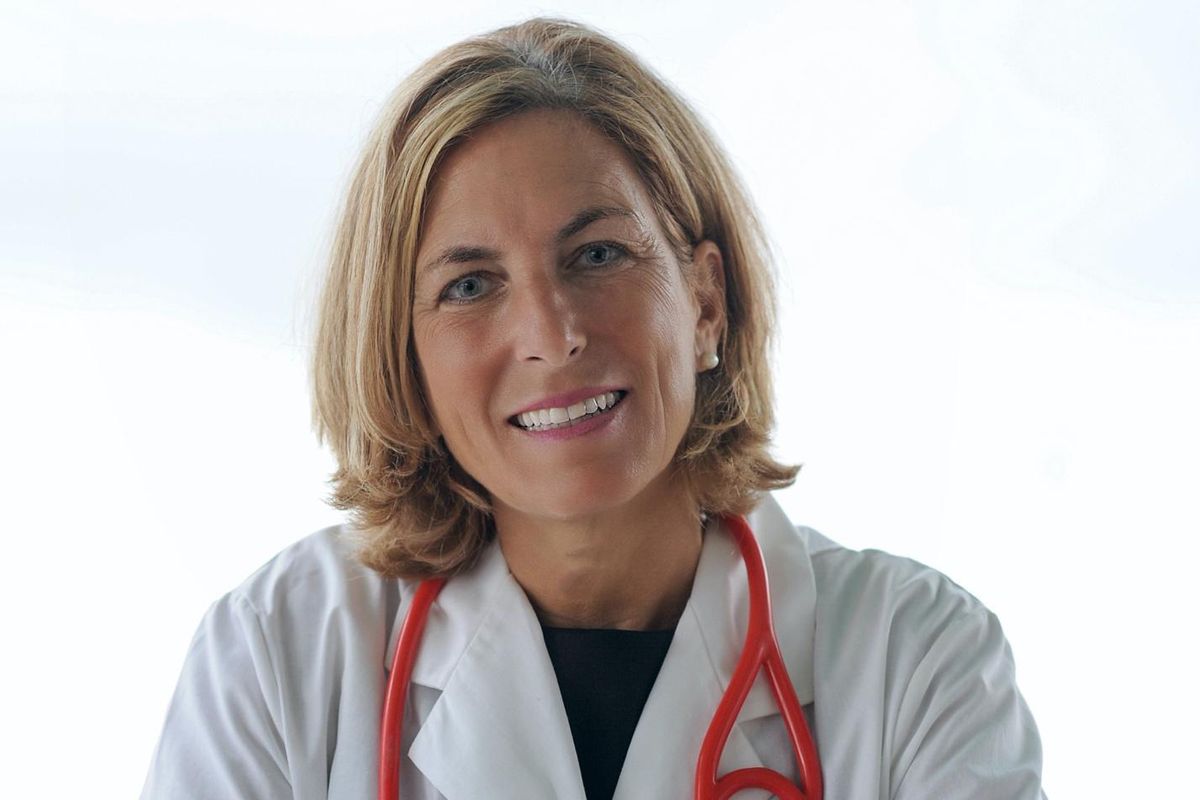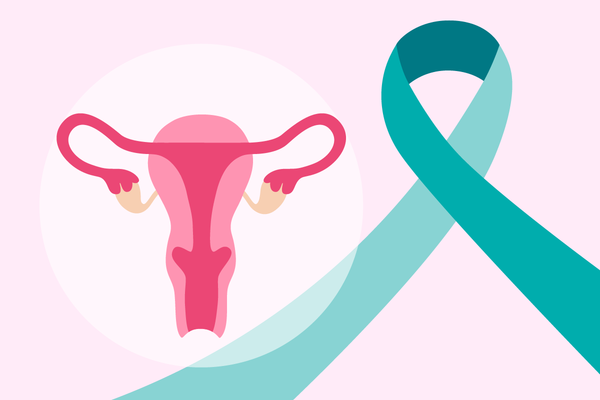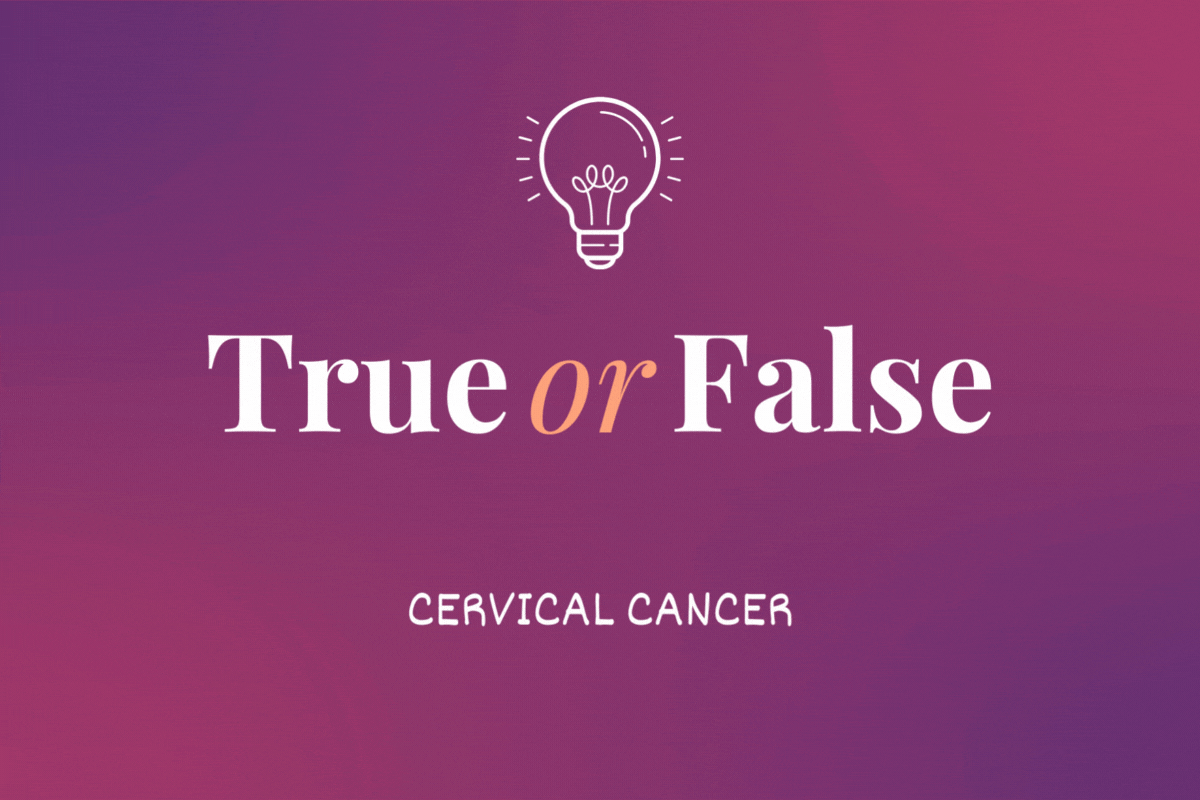Every January, an alarm in my phone reminds me it's time to schedule my preventive health screenings. We're all busy and are notorious for putting ourselves last on our list of things to take care of. The family pet comes before us — and I have a survey we took to prove it. 2021 is going to be a year of change, and as we kick it off, please remember to schedule your annual women's wellness visit and the preventive screenings covered by the Affordable Care Act, including the Pap test
Last summer, I wrote about the new cervical cancer guidelines issued by the American Cancer Society (ACS) on the use of primary HPV testing for cervical cancer screening. This provides women with another option for screening in addition to the use of Pap and HPV testing together. Although women may question what test is best for them, the most important thing to remember is to get screened regularly, no matter which test you get.
You may not be fully aware of the risk of cervical cancer and the need for screenings, but the fact is that cervical cancer used to be one of the most common causes of cancer deaths for women in the United States. It's thanks to the Pap test — which can detect changes in the cervix before cancer develops as well as early-stage cancer, which is easier to cure — that the death rate has been so greatly reduced. Since the 1970s, cervical cancer deaths have decreased by roughly 50%.
While the reduction in cases and deaths are a step in the right direction, cervical cancer still remains a threat. Cervical cancer is most frequently diagnosed in women between the ages of 35 and 44, though 50 is the average age at diagnosis, and a full 20% of diagnoses occur in women over 65.
In June, the ACS estimated that more than 13,800 new cases of invasive cervical cancer would be diagnosed in 2020, and more than 4,290 women would die from the disease.
It's important to note racial disparities in infection and mortality rates. Hispanic and Black women are more likely to get cervical cancer than white women, and Black women have higher rates of mortality from the disease than other groups, including white women. In addition, barriers to screening, such as lack of insurance, knowledge about screening tests and inconvenient hours or locations to access screening, can result in women not getting screened.
Over the past 20 years, advances in research have led us to understand that human papillomavirus (HPV) can cause cervical cancer. This knowledge led to the development of the HPV test and the HPV vaccine.
The HPV test detects HPV, and it can pinpoint whether you have the types of HPV that increase your risk of developing cervical cancer before you have any cell changes or cancer. According to the Centers for Disease Control and Prevention (CDC), about 80 million Americans are infected with HPV and roughly 14 million Americans (including teens) become infected each year.
It's important to know if you have one of the HPV strains that put you at higher risk of developing cervical cancer so you and your healthcare provider can work out a plan to further investigate your test results and/or treat your abnormal cells.
There are three approved HPV vaccines, but only one available for use in the United States. The HPV vaccine is recommended for boys and girls ages 11 to 12, before they become sexually active (when they can be exposed to HPV). The vaccine, which prevents infection with 9 types of HPV, can protect against cervical cancer, as well as vulvar and vaginal cancers, anal cancer, certain head and neck cancers and genital warts.
More than a decade of vaccine administration with more than 270 million doses given worldwide demonstrate that the vaccine is safe. So if you have children, be sure to speak to their pediatrician about getting them vaccinated. The vaccine is also recommended for adults through age 26 who weren't vaccinated as children or teenagers, so speak with your healthcare provider about getting a catch up vaccine. Although not specifically recommended for adults older than 26, the vaccine is approved for adults up to age 45 and may provide some benefit. But remember, even if you're vaccinated, you still need to continue to get screened.
The need for screening and HPV vaccination is of course complicated by COVID-19, which has caused many women to postpone wellness visits, routine screenings and vaccinations. This is a mistake. We all want to be vigilant in our fight against COVID-19, including wearing masks and social distancing, but it's absolutely possible to be prudent while safely continuing with necessary preventive health care, including vaccines and screenings.
I know how easy it is to get caught up in work and family. As women, we often put others ahead of ourselves, but we need to pause and remember that taking care of ourselves is equally important. Aside from the fact that we're worthy and deserve to be our own priority, caring for our health is also an act of love toward those who love us.
I urge you to speak with your healthcare provider about scheduling a cervical cancer screening, HPV vaccination and any other preventive care you're due for today.
The resource was created with support from Merck.





